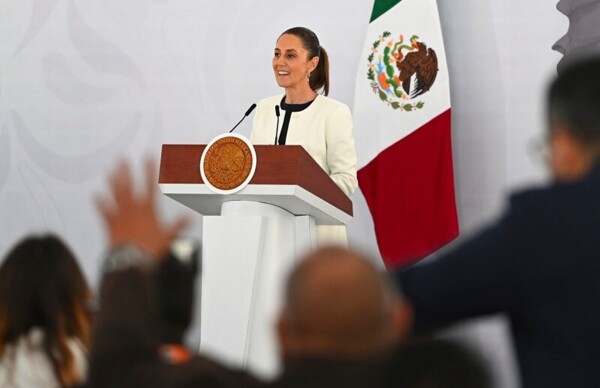
The Mexican government has managed to obtain an additional month to reflect and jointly address two important issues: migration and drug trafficking. The strategy adopted to tackle the crisis has been to reinforce the northern border with the aim of combating illegal migration and drug trafficking. This measure has allowed time to assess possible strategies that contribute to strengthening the region together.
In the specific case of Mexico, there is a need to implement a comprehensive public health campaign to tackle the drug problem, as well as dismantle the drug cartels operating in the country. On the other hand, regarding migration, the importance of the United States recognizing the need to establish an agreement that fosters an orderly and safe process for the incorporation of migrants into the U.S. labor market, avoiding violence and repression, is emphasized.
The violence caused by the expansion of drug cartels in Mexico has significantly increased, now reaching various regions of the country. This situation has created a complex landscape in places like Chiapas, which has become a passage point for migrants, complicating efforts to combat this problem.
To effectively address these challenges, it is necessary for both the U.S. administration and the Mexican government to recognize the importance of discussing key issues such as the Mexico-United States-Canada Agreement (USMCA), with the goal of strengthening regional cooperation and promoting economic development. The revision of trade agreements, especially in relation to China, is fundamental in this renegotiation process.
There is a need to implement a comprehensive public health program and control over the arms industry in the United States to effectively combat drug trafficking. The importance of not resorting to measures such as blocking the border or mass expulsion of migrants, but rather seeking orderly migration agreements that contribute to eradicating violence in the region, is highlighted.
Finally, the renegotiation of the USMCA will face crucial debates around energy issues and the manufacturing sector, as well as the need to promote innovation and collaboration with academic institutions. The dialogue around nearshoring and advanced manufacturing will be fundamental to moving towards a more equitable and sustainable development model in the region.














